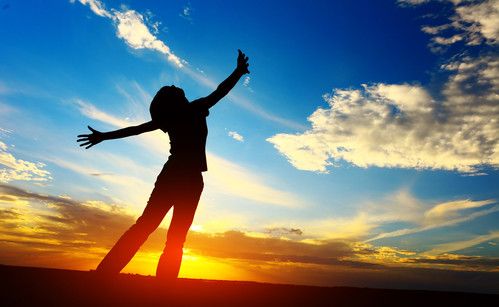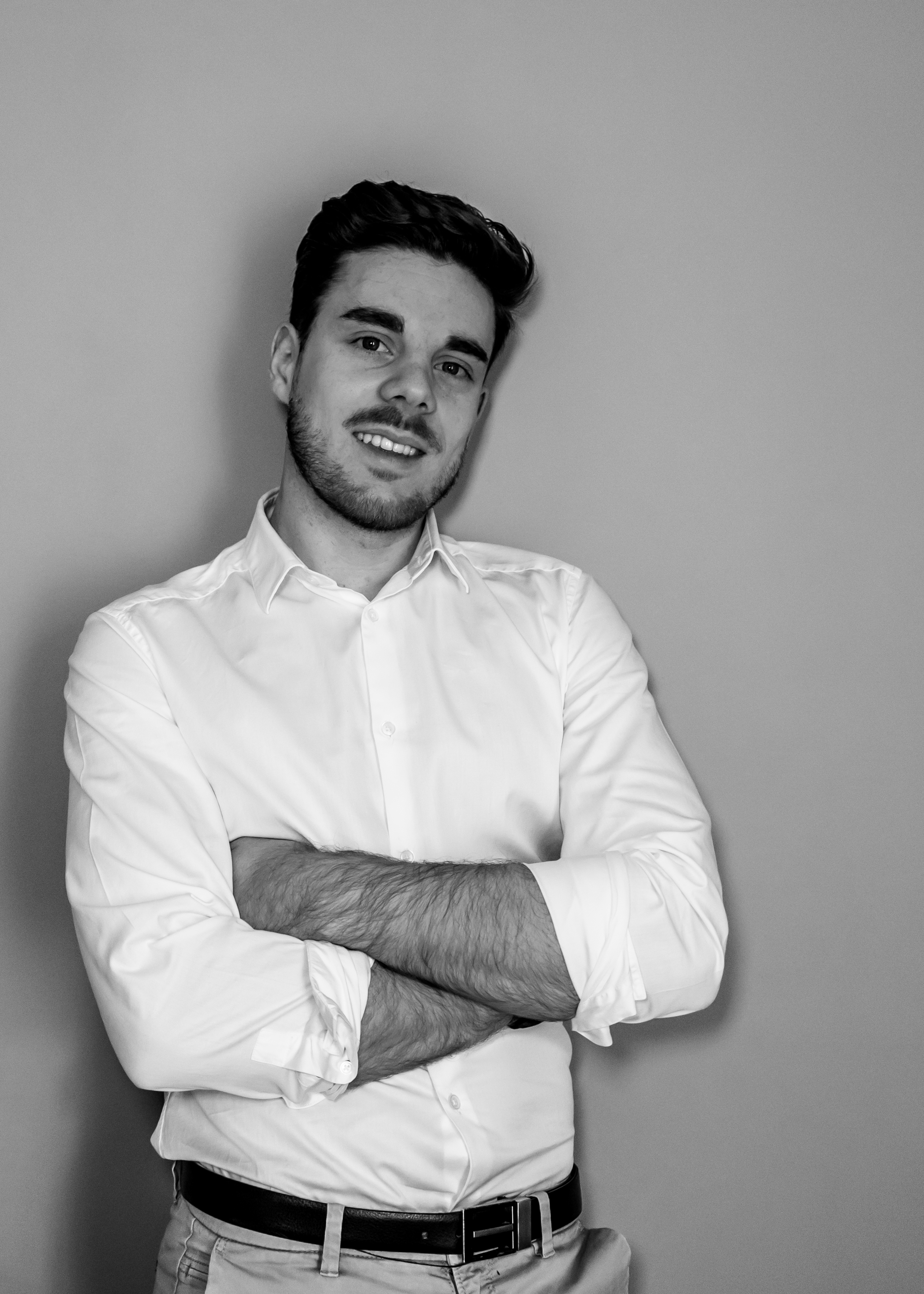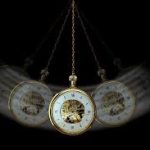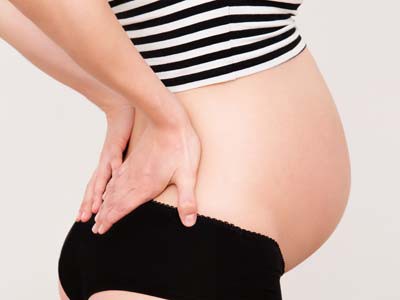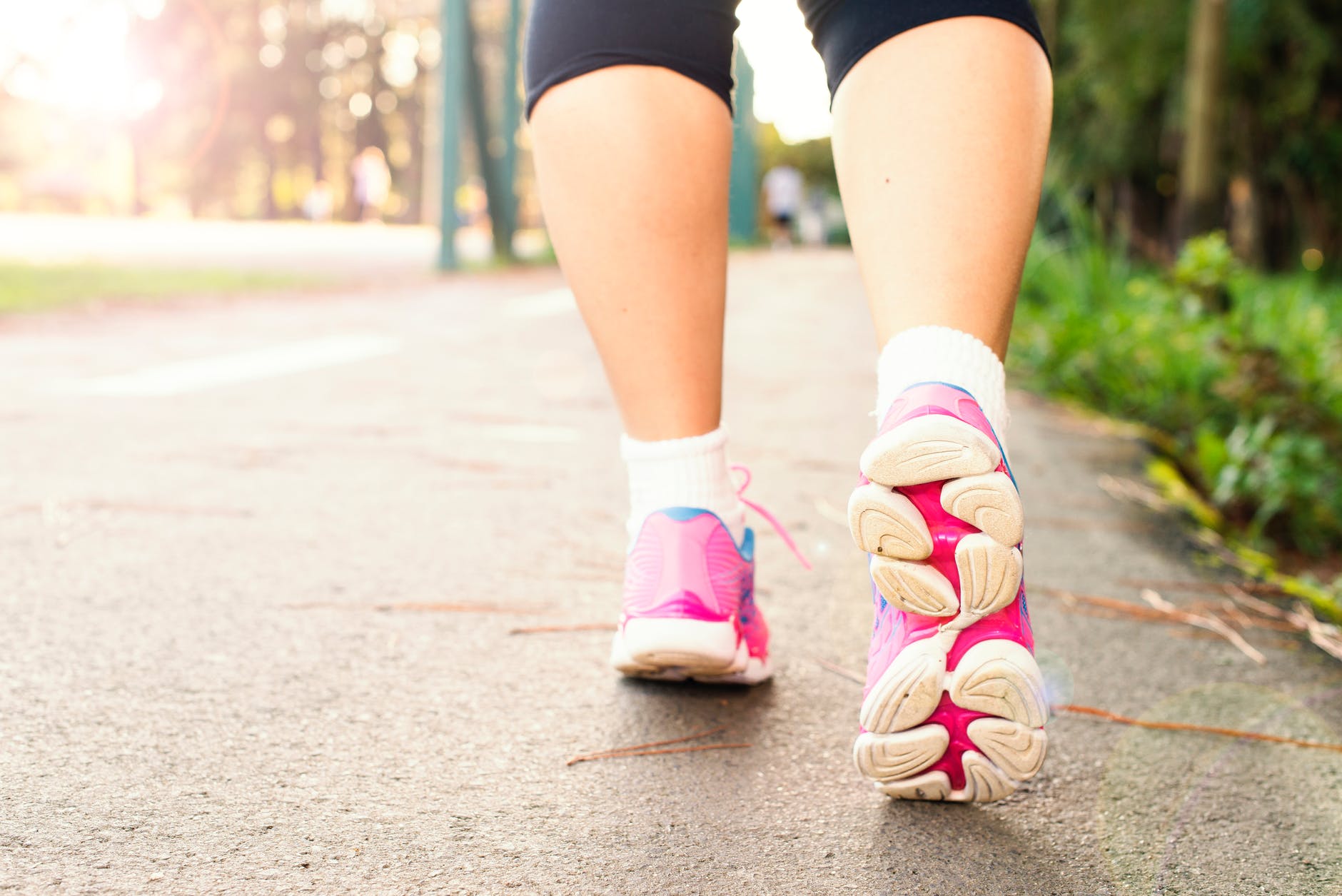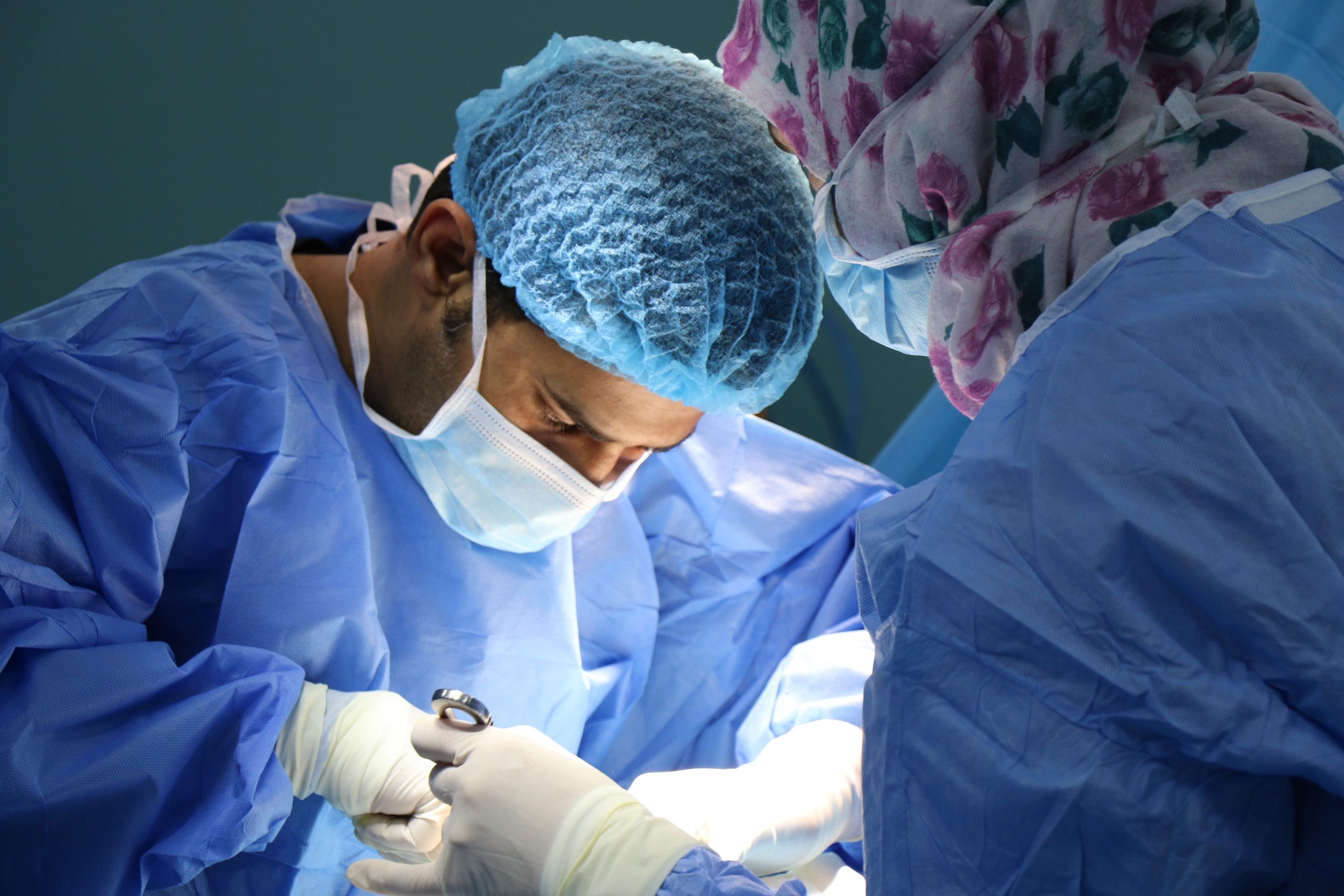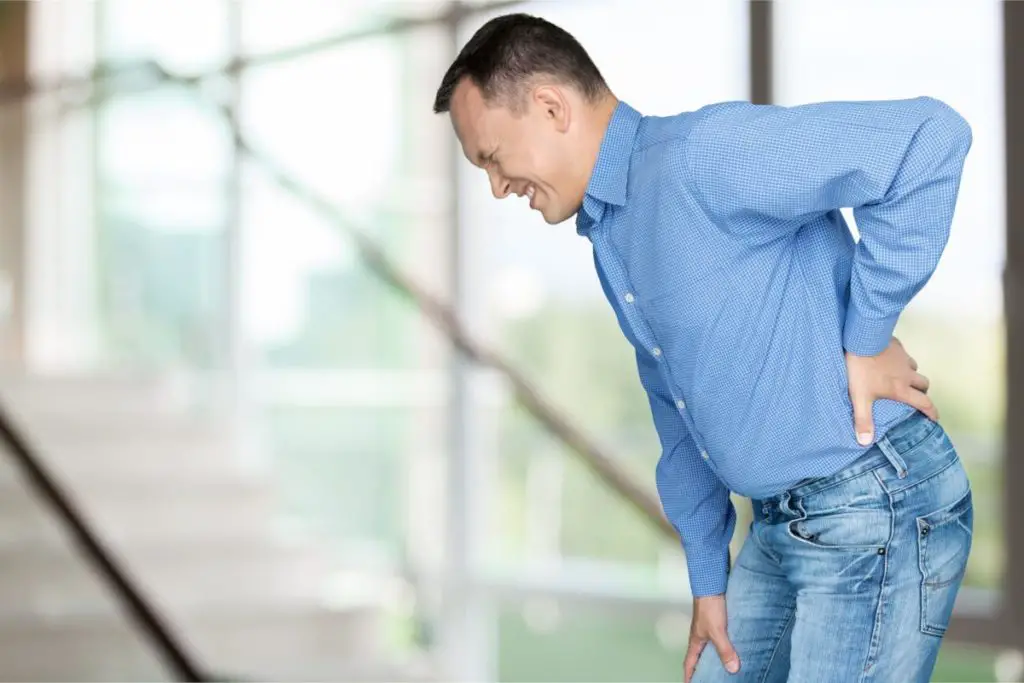Recent advances in research on pain(s) lead to favoring physical activity. Maintaining or starting a physical activity remains a safe way to limit the occurrence or impact of unpleasant sensations on daily activities. Anas and the other collaborators on this blog have promoted it very well through various writings.
Being pro-active, I can only support this vision. Another important factor in the prevention (although this term is utopian in my opinion) and in the management of pain is the recuperation.
“See your operation as a scale. »
Indeed, all day long we are solicited, whether physically or psychically. The contribution of a physical activity allows us to improve our resistance on these points. And this activity goes hand in hand with recovery. See your operation as a scale. On a set you look like "stimulation" which includes everything that makes us spend energy: physical activity, work, reflection, emotions (both positive and negative), reflection, concentration... Then on the other board, you have the "recovery" aspect. What makes us store energy: sleep (night like naps), food, relaxation, meditation, heart coherence...
If the balance of this balance of bio-psycho-social factors is respected, we have a good chance of being in good health, at least of coping with the demands associated with low back pain (Mierswa & Kellmann, 2017). However, sometimes life leads us to unbalance this balance. And a lot of times, you've probably felt it already, it leans towards the “stimulation” side. The rhythm of our society can lead us to an excess of solicitation. We observe the consequences with the flowering of order pathologies chronic such as diabetes, cardiovascular disease and the main topic of this blog: chronic low back pain.
So you're going to tell mewhy do physical activity if we are already too stimulated all day”? Simply because physical activity, if practiced with pleasure, is part of the positive stimulation that will bring health benefits. Contrary to less positive stimuli such as emotions such as anxiety, fear, anger or even the management of certain daily tasks that can stress you out. An effective recovery will allow us to face more stresses and limit the impact of these on pain (Heidari et al., 2018). So to create resilience.
Now let's see the aspects of recovery that we have within our reach to progress in our health.
First, the main pillar of our recovery is sleep.
“Rest assured, although it remains unpleasant, a non-performing night happens to everyone. »
A decrease in the quality (not necessarily the quantity, although sleeping less than 6 hours per night would be detrimental) of sleep is associated with a risk of persistent pain (Andersen et al., 2018). This phenomenon works both ways. That is, pain can affect the quality of sleep. You see the kind of vicious circle that no one wants to fall into.
As part of pain, a bad night can change how you feel the next day. Rest assured, this does not mean that there is a structural aggravation of your initial problem. It's just that your body is more sensitive that day. I will draw your attention to all your reactions that same day. Maybe you'll get tired faster, angry faster, sad faster.
See how sleep can have an impact on our functioning and therefore the importance of putting in place actions to improve its quality.
In order to improve your sleep, the first point is to eliminate a pathological cause of a sleep disorder (sleep apnea, hypersomnia, etc.) and therefore to approach a health professional specializing in this field.
Then, several things can disturb your sleep:
A disruption of the circadian cycle (Circadian cycles, nd)
Simply put, we operate in synchrony with the rhythm of light and dark on Earth. A disruption of this rhythm can modify our hormonal functioning (melatonin) and therefore our sleep. To regulate this circadian rhythm, solutions such as light therapy provide good effects. Then, go to bed at regular times, move away from sources of white or blue light before sleeping (in favor of dim, orange lights to simulate sunset and the onset of darkness), limit alcohol consumption , tobacco throughout the day, sleep in a cool, quiet place.
The noise
As simple as it sounds, noise disturbs our sleep. Try to limit the noise pollution of your home and in case of outside noise, wearing earplugs can bring you great good (the risk remains of not hearing the alarm clock in the morning…)
The excess of thoughts
Everyone has already experienced an impromptu occurrence of thoughts just before falling asleep... To limit this impact, writing them down in a notebook allows you to free yourself from them, to then resume them the next day, when we will be the better able to deal with them. Then to focus his concentration on his breathing.
During the day, if the opportunity arises and you feel the need, feel free to take a nap of 20 to 30 minutes. This will add an episode of recovery to your day and would even be an asset to improve your physical abilities. (Blanchfield et al., 2018) You are already in possession of some knowledge about sleep. This obviously does not replace a consultation with a specialized professional.
And above all, rest assured, although it remains unpleasant, a non-performing night happens to everyone. Avoid adding a sense of guilt to it…this will only keep your balance of the scale on the “stimulation” side.
Second, the second pillar of our recovery is diet.
This field is quite vast, and every day new studies come to contradict those which preceded them… Which completely loses us in this jungle.
“We often hear that excess food is bad, it is true, but insufficient energy intake will also create fatigue and limit recovery. »
Of course, if you suffer from a pathology related to food, your doctor or the health professional you frequent will advise you in a personalized way.
To put it simply and not replace the work of a health professional, I will direct you to raw, natural, varied and seasonal products. Use food as a foundation for your health.
If you can and find it of interest, cook your own meals. This will make you aware of the strengths of food in your life.
Also limit ultra-processed foods (Fardet, 2018) (see citation for list of ultra-processed foods). These would be related to the emergence of chronic pathologies.
Also make sure you eat enough. We often hear that excess food is bad, it is true, but insufficient energy intake will also create fatigue and limit recovery. Food also has a very beneficial living and social side. A balanced diet is essential, but we must not fall into rigorism. Sometimes it's better to go eat a pizza with a friend than a solo salad in your apartment.
Although the link between diet and pain is difficult to make, let's always come back to our balance. Food is one of our main sources of energy. If this is disturbed (for whatever reason), we will not improve our “recovery” side and therefore will not create balance.
Other pillars of recovery can also help you.
Anas wrote a post on the mindfulness meditation. This will allow you to learn to manage your physical sensations and your emotions. Always keeping the idea of balance, the management of emotions makes it possible to limit their impact on it and therefore not to weigh on the “stimulation” side. Even better, this moment of pause, if you allow it, will add a moment of "recovery" to your day. So I can only invite you to integrate it into your day.
As a physiotherapist, we offer physical recovery solutions such as active recovery, massage, self-massage, body mobility, electro-stimulation, cryotherapy… Keep in mind, however, that these solutions will have little effect if the stated pillars earlier in this article are not respected.
Conclusion
To end this writing, which I hope will provide you with tools, I invite you to put in place solutions, alone or accompanied, to improve your recovery and thus rebalance your balance. Act with envy, and that what you undertake makes sense in your life. Rest assured if you are unable to implement these solutions immediately. It takes time to change. Thinking long term is taking care of yourself.
Bibliography
Circadian cycles. (nd). http://www.douglas.qc.ca/info/rythmes-circadiens-effet-de-la-lumiere
Fardet, A. (2018). The NOVA classification of foods according to their degree of transformation: Definition, health impacts and applications. Diet Information, 4, 31-42.

